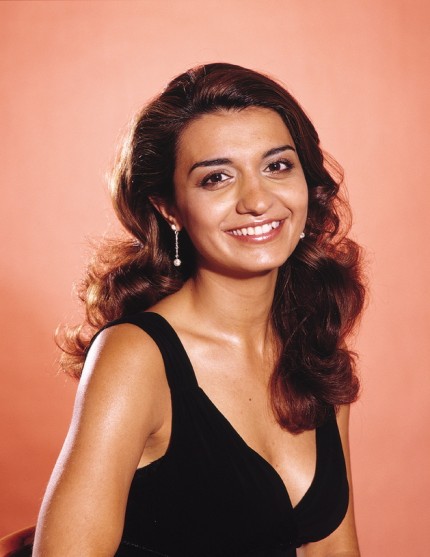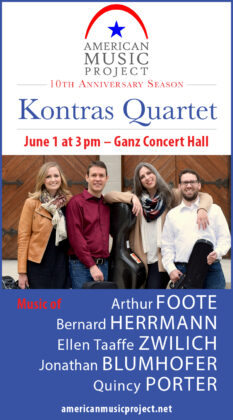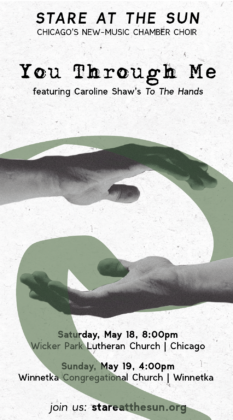Soprano Bayrakdarian, pianist Kradjian light up Mandel Hall

If the opera thing doesn’t work out for soprano Isabel Bayrakdarian, she can always find international renown as a tango singer.
Not that opera isn’t working well for Bayrakdarian, who held a large Mandel Hall audience rapt during a solo recital Friday night. Lyric Opera audiences remember her heart-breaking Euridice in Gluck’s Orfeo in 2006, and her schedule includes guest appearances with such major orchestras as the Boston Symphony and New York Philharmonic.
But Bayrakdarian, born in Lebanon of Armenian descent and now based in Canada, is obviously fascinated by all types of music. Accompanied by her husband, pianist Serouj Kradjian, her Mandel Hall program ranged from Liszt, Berlioz and Chausson to Armenian folk tunes, from a song cycle by contemporary American composer Jake Heggie to four sexy love songs by 20th-century Spanish composer Fernando Obradors. She all but set the staid Mandel Hall venue on fire with her final set of tangos by Carlos Gardel and Astor Piazzolla, tossing in an Armenian tango (who knew?) for good measure.
This is a charismatic soprano clearly at home in whatever kind of music she pleases to sing. Pleasure was the operative concept for both performers and audience, and a sense of spontaneity enlivened the evening. Bayrakdarian and Kradjian changed their planned repertoire, adding Heggie’s Songs and Sonnets to Ophelia and dropping excerpts from Rossini operas. She announced the Armenian tango as a last-minute addition from the stage. In their final encore, which turned Rossini’s comic Cat Duet into a witty version for one overwrought singer and one put-upon pianist, they seemed to be enjoying themselves as much as the audience.
Bayrakdarian is svelte and petite, with dark hair and eyes, but her voice is a strong, ringing instrument. Her singing was agile and full of expression Friday night, often soaring to roof-rattling heights, but also drawing us in with intimate, almost conversational phrasing.
A haunted quality pervaded many of the selections. In her first song, Liszt’s gypsy-flavored Die drei Zigeuner, her a cappella opening line hung in the air like a mysterious tune from an exotic land. The long, touching melodies of Berlioz’s La mort d’Ophelie had a similar floating quality. They unfurled seamlessly, never touching the ground, like the river that swept Shakespeare’s young lover to her death.
The tangos and Spanish songs, however, were the evening’s highlight. Abetted by Kradjian’s incendiary piano, Bayrakdarian tore through the rapid-fire, short-breathed phrases of Piazzolla’s bitter Che tango che. An infuriated lover, she was battered but unbowed. Her first encore, the familiar Malaquena by Ernesto Lecuona, was a slower burn, though no less red-hot.
Kradjian provided glorious color throughout the evening, whether in the complex thunder and quiet shimmer of the Liszt songs or the lyrical flow of Heggie’s tunes. But he set his own musical fire when he took center-stage in Osvaldo Golijov’s Levante for solo piano. He ripped through the high-speed mashup of jazz, stride piano and tango like the best kind of honky-tonk piano virtuoso. I’d love to see these two performers in a jazz club sometime, but only if plenty of fire extinguishers were on hand.
Posted in Performances



